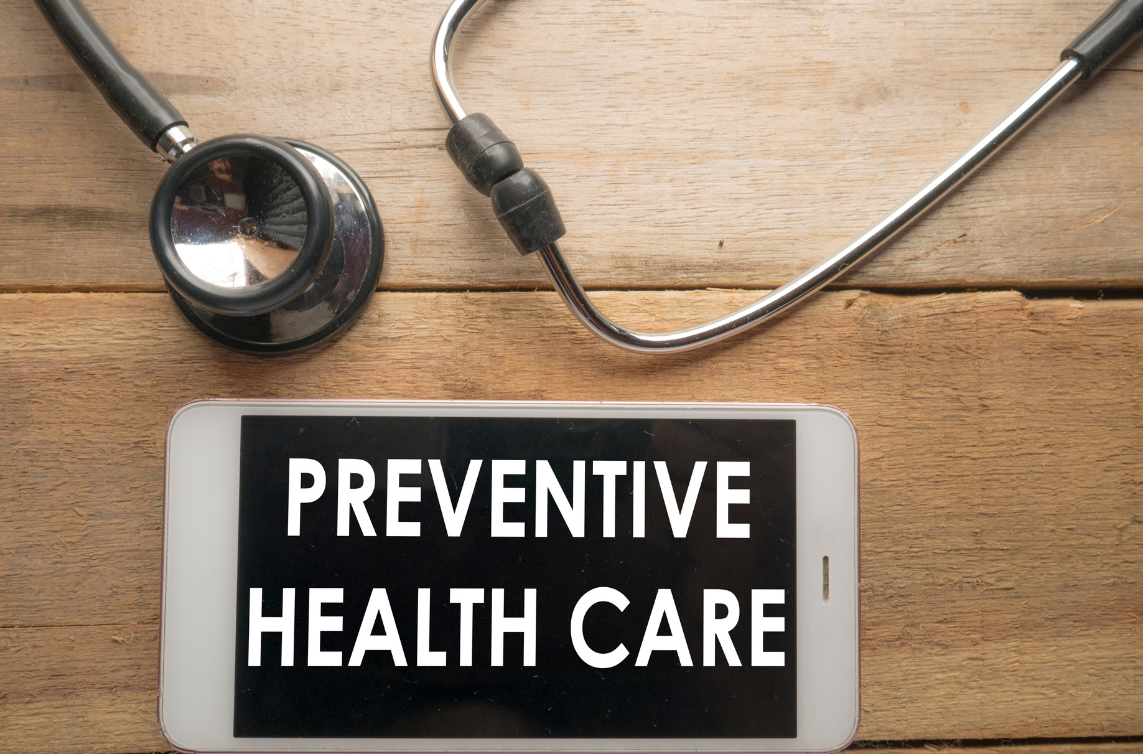This week I wanted to share my experiences that teach the lesson: Don’t depend only on your doctor to manage your diabetes.
YOU need to be the manager of your diabetes and take charge!
As I started writing this article, I realized that every person in my family with diabetes has had a situation where our healthcare system has let them down.
Here are a few of the reasons why you need to take charge of your diabetes and all of these are examples from my personal and professional experience over the years.
1. You need the right medication
When my dad’s blood sugars were up to 400’s I finally had to write a letter to his doctor asking him to start my dad on insulin. His doctor was completely open to the suggestion and just didn’t think he would be able to learn how to do insulin on his own. Over the years I also ended up requesting a pump and then sensor for him.
Lesson: if your medication is not working make sure you let your doctor know and ask about other options.
2. You need to know your lab results
Several years ago, after doing a random family blood sugar screening one of my sisters had a result in the 300s. She had no symptoms of high blood sugar but when she went to her doctor to have it checked out, she learned that her lab results had shown high blood sugar the year before but her doctor missed it.
Lesson: Always get a copy of your lab results and make sure you understand what the numbers mean!
3. Don’t be afraid to ask your doctor about your results
At one of my physicals I noticed on my lab results that my fasting blood sugar was in the prediabetes range. The letter from my doctor summarizing my results didn’t say anything about prediabetes – just that my lab results were good. I knew better and didn’t have to ask but I have talked to many patients over the years that never get informed that they have prediabetes. The earlier we can make lifestyle changes, the better our chance of PREVENTING prediabetes from progressing to type 2 diabetes.
Lesson: Know exactly what your blood sugar numbers are and what they mean.
4. Talk to a diabetes education specialist.
This one is very recent and very frustrating to me.
Another close family member was just diagnosed with prediabetes and asked me about getting a sensor. You may know I am a big proponent of continuous glucose monitoring sensors, so I encouraged her to ask her doctor for a prescription.
She is on Medicare and as the rules are right now, you have to be on insulin in order for Medicare to cover sensors. But that does not mean you can’t get one if you pay out of pocket.
Even though she is willing to do that, her doctor has refused twice to give her a prescription, stating that she does not qualify.
I can’t even tell you how frustrating that is for me to hear!!! CGM is a very powerful tool for learning what food and activity changes you can make to prevent diabetes. Another example of the focus NOT being on prevention.
I suggested she ask her cardiologist for the prescription since even prediabetes increases the risk of heart problems. If she had not asked me she would have taken her doctor’s word for it and would have to wait until her blood sugars are even higher to get the best tools to prevent diabetes.
Let me make that clear one more time. Just because you don’t qualify for insurance coverage, that does not mean you don’t qualify to have a sensor if you are willing and able to pay for it.
Lesson: Ask a CDCES, aka Certified Diabetes Care & Education Specialists. We don’t compete with doctors. We help them help their patients and many doctors depend very much on a CDCES.
There are plenty more stories I could share, but now I want to tell you . . .
I don’t blame the doctors.
I have worked closely with many doctors over the years, and they are good, caring people. That’s a big part of why they become a doctor, to help people.
But doctors are overloaded and don’t have nearly enough time to spend with patients. And family doctors don’t have time to keep up with all of the changes in diabetes. They have many other health problems they see patients for every day.
The problem is our healthcare system.
Our healthcare system is built on sick care and not on preventive care. And the bigger the system the less personal responsibility there will be. I believe these problems exist in any big business but especially in our big government, big pharmaceutical companies and big health care systems.
Decisions in business are driven by money, which I get. I also am running a business and the bills need to be paid. But I believe our large healthcare systems have become too money focused and gotten away from what’s best for the patient. If you follow the money, it is the procedures and pharmacies that are the money makers, not healthy food and nutrition or education.
Every person with diabetes that wants to have the best health should have a nutrition and diabetes specialist on their team. Nutrition and activity are the foundation of our health, yet they are too often overlooked or ignored.
Getting help to maximize your nutritional health is much less expensive than paying for surgery or a hospital stay. And yet Medicare limits nutrition hours to only 2-3 hours each year.
I also believe very much in personal responsibility. Nobody is going to care about your health more than you and those that love you. So, you need to be your own advocate.
That being said, you don’t know what you don’t know until you know it.
So, one of the reasons I write this article with examples of how my family members could have received better diabetes care is not to play the blame game but to make YOU, the person with diabetes or at risk for diabetes, aware of what you need to do and ask questions when it comes to your own care.
Here are my suggestions for you to be proactive about your diabetes or risk for diabetes:
Know your fasting blood sugar and other lab results. Keep track of your labs on your medical record portal or with paper files.
If you are not on a medical record patient portal, don’t just take the phone call and accept the explanation that your numbers are good. ASK FOR A COPY OF YOUR LAB RESULTS.
Have a monitoring system of your own. Don’t rely on just getting the A1c every 3-6 months. You can get a meter for fingerstick checks or a CGM for much better tracking of your blood sugars.
Don’t rely on your clinic to remind you when your diabetes labs are due. Put it on your calendar.
If possible, get your labs done BEFORE your doctor visit so your doctor is looking at them DURING your visit.
If you are on medication, know why you are taking them and what they are doing. And don’t be afraid to ask if there are better medications.
Educate yourself on diabetes and nutrition. The straight-line path to your most helpful information is seeing a CDCES who is also a dietitian/nutritionist. We can give you the answers relevant to YOUR situation – your life, your lab results, your eating and activity habits. Otherwise, you can spend hours going down all the rabbit holes on the internet and come away more confused than when you started right?
Have the right people on your team. That should include your doctor, a diabetes care and education specialist, a dietitian, an exercise specialist, a pharmacist, and your emotional support people. Those might be family or professionals.
Please feel free to contact me with any questions you have about these recommendations or click here to schedule a call to chat about how my services could help you reverse or prevent type 2 diabetes.







0 Comments